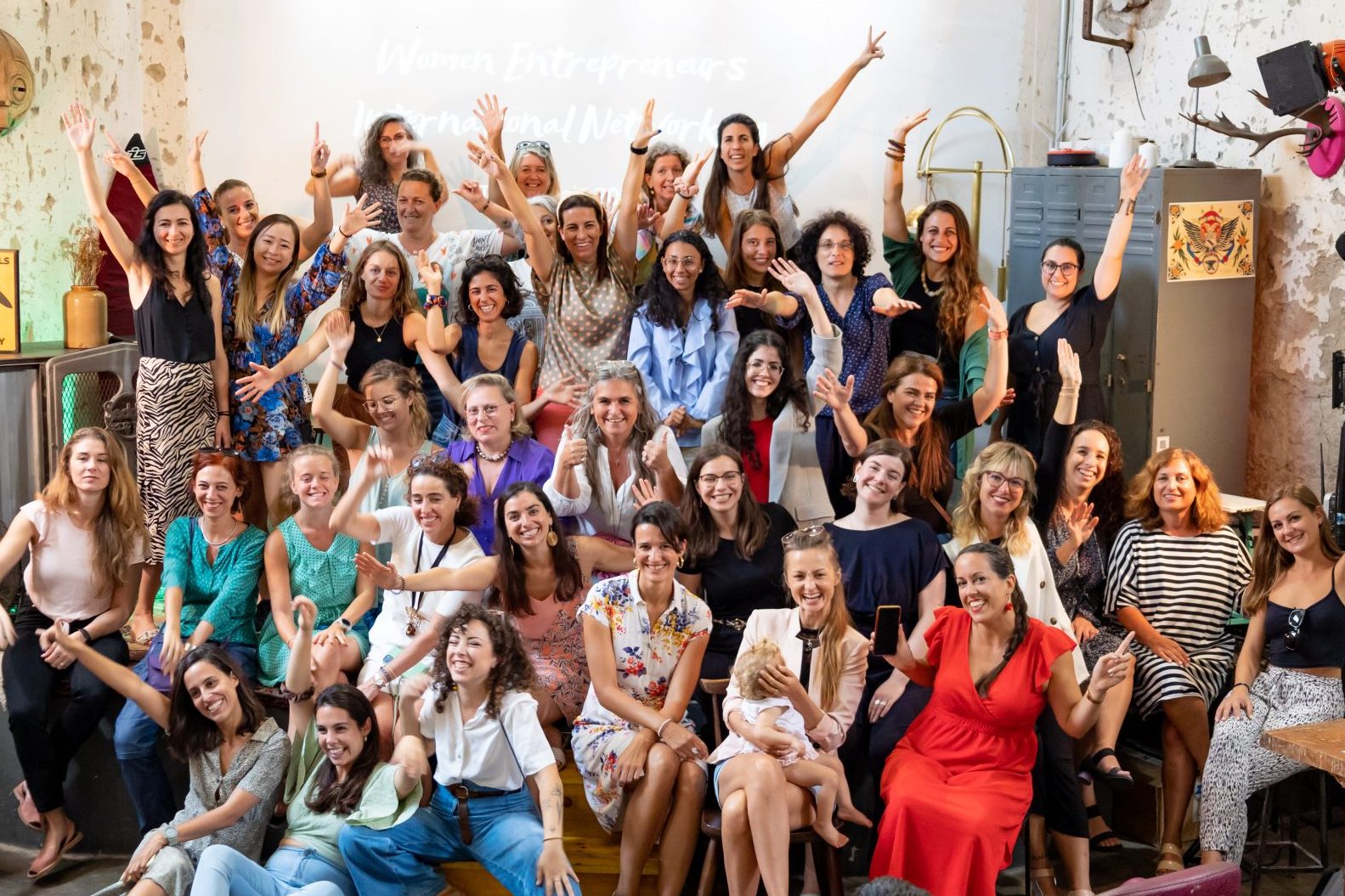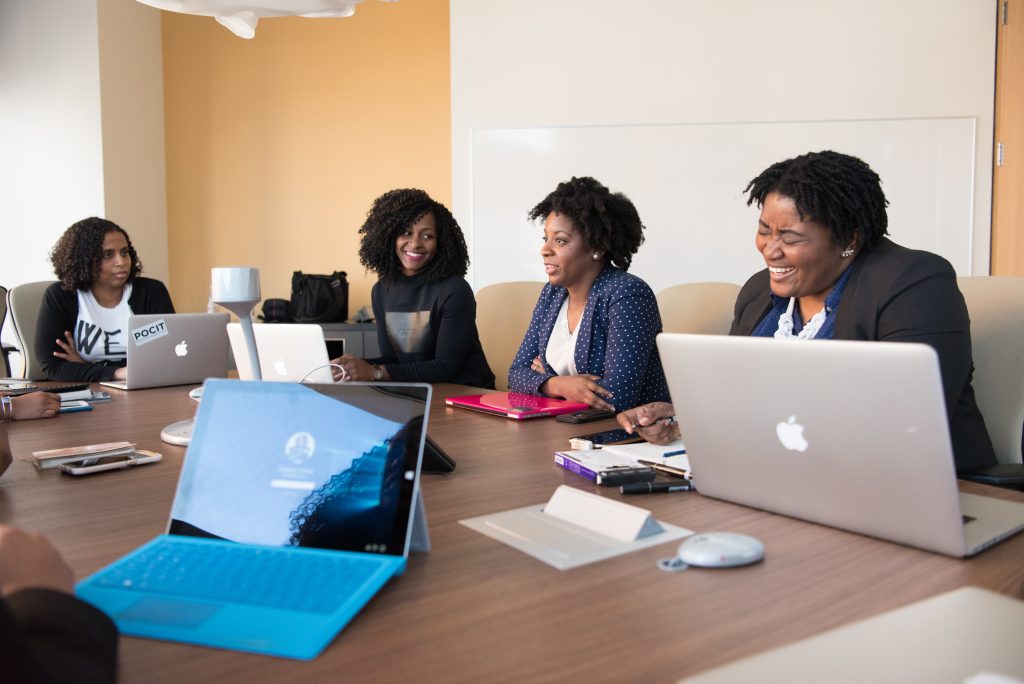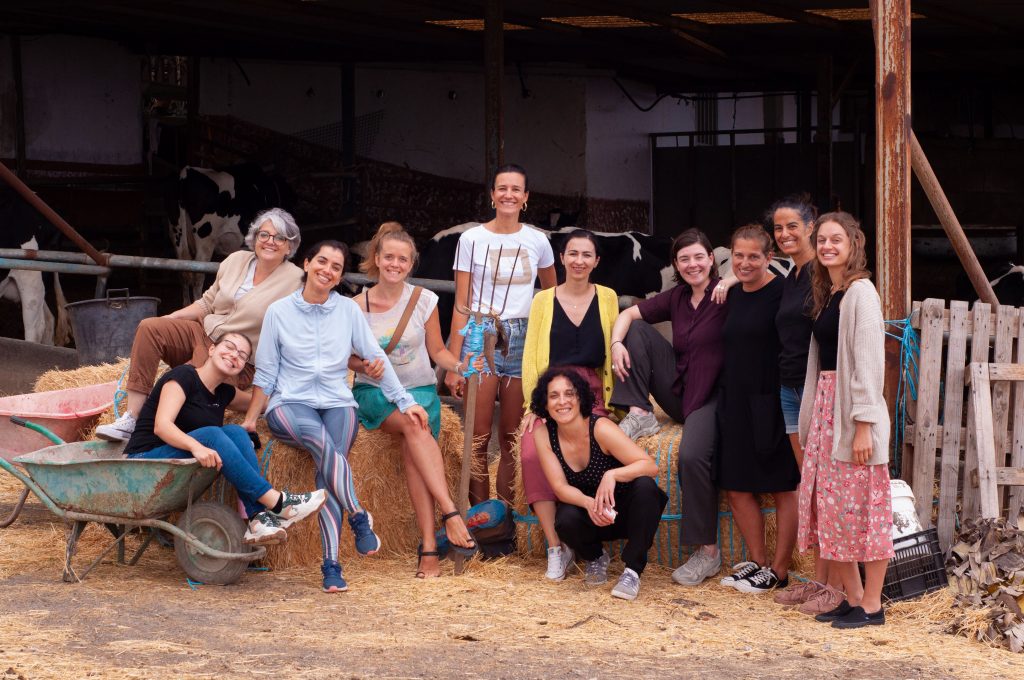Blog post written by Elsa Rodríguez (founder & CEO)
In this article, I deep dive into the Sustainable Development Goal #5 (SDG5). SDG5 aims at achieving gender equality and empowering all women and girls. Gender equality refers to all people having the same rights, resources and opportunities irrespective of their gender identity. However, today gender inequality persists everywhere and stagnates social progress.
Women continue to be underrepresented at all levels of political leadership. In 2019, women accounted for 39% of total employment, but 45% of global employment losses in 2020 according to the United Nations. In addition, only 57% of women (15-49 years old) are making their own informed decisions on sex and reproductive health care.
This SDG has 9 specific targets (sub-goals) that are related to: (i) ending all forms of discrimination, eliminating violence and harmful practices (child, early and forced marriage and female genital mutilation), (ii) valuing unpaid care and domestic work, and (iii) ensuring equal opportunities for leadership and universal access to sexual and reproductive health, among others. It has been agreed on 14 specific indicators to measure these targets. I strongly believe that only by empowering our women and fostering female entrepreneurship, we will be able to start closing the gender gap.

“No country can ever truly flourish if it stifles the potential of its women and deprives itself of the contribution of half its citizens”
Michelle obama
5 reasons to foster female entrepreneurship:
- Women are powerful drivers of development. When there is gender equality, local economies will grow faster and overall well-being will increase, reducing poverty ratios. Some studies have highlighted that growing female employment to male levels can increase countries´ productivity up to 25% if discriminatory barriers against women are removed. It can also have a direct impact on raising GDP growth rates, by 34% in some countries.
- Women are more likely to invest a large proportion of their household income in the well-being and education of their children. When women have control over their finances, they reinvest 90 percent of it into their families, compared to around 35% percent contributed by men. In addition, they improve industrial capacity and spur economic growth by creating new jobs, as well as expanding the talented labor force in a country.
- Women tend to have a smaller ecological footprint. Their production and consumption patterns are often more resource-efficient, they are more likely to engage in behaviors that reduce harm to the environment and they make more sustainable decisions for their households and businesses.
- Women entrepreneurs are the new engines for inclusive and sustainable industrial growth. They are the rising stars of economies in developing countries and their increased role in economic decision-making has positive effects on sustainable economic development.
- Women support other women. In fact, they tend to create businesses that target women’s needs. In recent years, women have been making great progress in the business field, reaching higher than ever before and the support of other female entrepreneurs is a great way to boost that growth even further.

How can we empower women entrepreneurs?
There are several ways to foster female entrepreneurship. One of the most important ones is through education. In fact, mentorship programs, accelerators and specific training for women are growing rapidly throughout many countries. Another one is communities where women look out for other women and guide each other through the process of launching and running a business. Here are some examples of projects/communities that are focused on empowering women:
- The Break: it is a fellowship program designed for European women entrepreneurs. A total of 280 diverse, creative and collaborative women entrepreneurs and freelancers were selected to enjoy this +7,000€ worth programme funded by the EU. The first edition took place during October and November 2022. Women were divided into two groups that were distributed among 12 destinations in Spain where they lived for 25 days.
Our initiative Pueblos Remotos was selected as one of the 12 local organizations and we hosted 21 women in Agaete, in the north of Gran Canaria. We were in charge of coordinating the whole journey, facilitating workshops, designating mentors and organizing visits to local entrepreneurs. The Break fellows are part of a collaborative community working together to support other women entrepreneurs.
- Women Entrepreneurship for Africa: it is a virtual acceleration program, implemented by the Swiss Association for Entrepreneurship in Emerging Markets (SAFEEM), a member of the Seedstars Group. It´s main objective is to increase access to funding, market opportunities, knowledge enhancement, and technical training for women entrepreneurs in Africa. The program seeks to provide 100 female entrepreneurs from the Tony Elumelu Foundation (TEF) alumni network, with access to 10.000€ in grant funding that will be paired with 3 months of technical support.
- Female Startup Leaders: it is a community of Spanish-speaking startup founders that get together to generate synergies, make female references more visible in the entrepreneurial ecosystem, and identify talent. Throughout the year, they organize events such as exclusive networking sessions in the cities with the greatest influx of members. They produce and broadcast a podcast, and provide training sessions with schools, institutes and universities. In addition, they hold raffles, pitch contests and training scholarships.
¨The success of every woman should be the inspiration to another. We should raise each other up¨
Serena Williams
Examples of inspiring businesses aligned with SDG5
I´ve been so lucky lately to be surrounded by a lot of inspiring women with amazing projects. The women´s energy is different, not sure how to explain it. I do not want to be disrespectful with men, I´m all about equality and inclusion. But women, we understand each other better and we are always willing to give a hand when needed. We are care-givers by nature and that is also reflected on how we run our businesses. For this article, I´m going to mention three of all the wonderful businesses I´ve got to learn more from in the last few months. I have many more examples, just ask me! 😉
- Power to Fly: it´s mission is to fast-track economic equality by upskilling and connecting underrepresented talent to roles in highly visible sectors. They are women-led, intersectional and focus on empowering underrepresented talent across all races, ages, ethnicities, sexual orientations, abilities, veteran statuses and gender identities. Therefore, they help diverse professionals & job seekers advance their careers and companies become places where diverse talent can thrive.
- Sea Sisters: is a social enterprise that strives for a more inclusive and responsible surf community in Sri Lanka, where local women are hardly seen in the ocean. Despite growing up on an island, most women have never learnt how to swim and thus, fear the ocean. This is the result of traditional gender norms and cultural expectations that has prevented the ocean from becoming ‘an accepted space’ for women. However, they believe that the ocean is for everybody and that swimming and surfing can serve as powerful tools of social change.

- MUSA: is a social venture seeking to build sustainable, inclusive, healthy and fair communities. It´s mission is to free menstruators from all obstacles preventing them from self-realizing and taking the lead in their communities’ development, starting from period stigma. They produce affordable and biodegradable sanitary pads from banana fiber for the women and with the women of underdeveloped communities. They engage with menstruating people and their entire communities in workshops about menstrual health and hygiene. They train local community members in managing production and sales and they reduce the environmental impact of sanitary pads disposal.
To sum up, when women do not participate equally in entrepreneurship, society as a whole ends up losing. Economies miss out on the benefits that new products and services could provide, as well as the creation of new jobs. There are also the negative effects on workforce skills and education because half of the potential pool of human resources is not developed. The clear consequences of women’s economic marginalization further emphasize the pressing need to achieve gender equality and foster female entrepreneurship.

Tourism for a Natural Future. Rural Reactivation, Business Sustainability and International Development.

